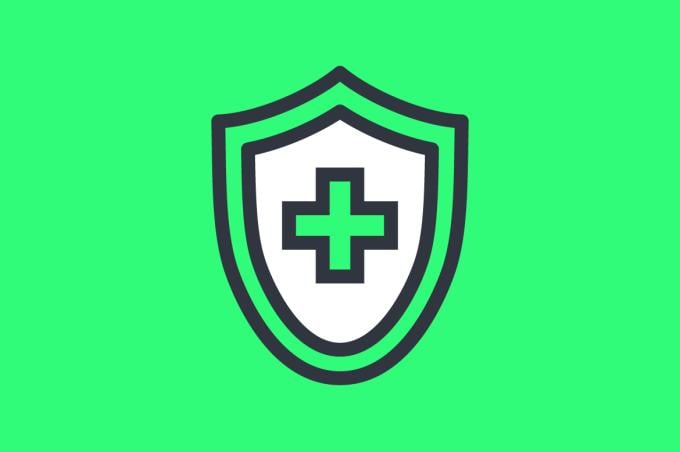It can be challenging to navigate the complexities of mental health and well-being. But psychiatrists can help address specific mental health concerns and also offer valuable insights into holistic well-being. From stress-busting techniques to the transformative power of self-care, psychiatrists offer key insights into how to improve mental health and well-being.
Here is a list from the AMA’s What Doctors Wish Patients Knew™ series—which provides physicians with a platform to share what they want patients to understand about today’s health care headlines—on some important health tips that psychiatrists want patients to know.
There are ways to cope with anxiety disorders
- If feelings of extreme fear and turmoil become overpowering and hinder routine activities, this may indicate an underlying anxiety disorder. Two psychiatrists discuss how to recognize and manage anxiety disorders.
Seek help for seasonal affective disorder
- Emerging primarily during the fall and winter months when sunlight exposure decreases and clocks fall back, seasonal affective disorder can take a toll on a person’s daily life. Knowing what to keep in mind and when to seek help can make all the difference during fall and winter months. A psychiatrist shares more.
Identify and address loneliness
- Even though people are becoming more connected through social media and other outlets, the great irony is that many people still feel lonely. That loneliness, in turn, can have far-reaching implications on a person’s health and well-being. Two physicians discuss how to recognize loneliness and what can help patients overcome feeling lonely.
Reach out if you feel socially isolated
- In an increasingly connected world, a paradoxical crisis is silently gripping communities: social isolation. And it is casting a long shadow over public health, from older adults grappling with seclusion to the unexpected repercussions for younger generations. Two psychiatrists discuss what patients need to know about social isolation as a public health issue.
Find ways to end catastrophic thoughts
- While the anxiety may be unavoidable, the endless fears, thinking of the worst-case scenario and that things won’t get better can be consuming. This is catastrophic thinking—or catastrophizing. A psychiatrist shares how to stop these destructive thoughts.
Limit your alcohol intake
- Disrupted routines combined with the uncertainty of the pandemic led many people to feeling isolated at home while experiencing greater stress. As a result, some people became their own bartenders and progressed into heavier drinking patterns to cope with pandemic anger, stress and anxiety. Two psychiatrists discuss unhealthy alcohol use and how to break the cycle of comfort or binge drinking.
Take steps to reduce decision fatigue
- Making decisions day in and day out—whether they are as easy picking a route home from work or as difficult as navigating a once-in-a-lifetime pandemic—can be exhausting and cause people to feel overwhelmed, anxious or stressed. This is known as decision fatigue, which is a state of mental overload that can impede a person’s ability to continue making decisions. A psychiatrist shares more.
Long COVID brain fog is not just in your head
- While symptoms vary widely, months after COVID-19, some patients can’t shake the feeling that their brain is lost in a maze, and they can’t find their way back. This is a common complaint from COVID long-haulers, which has been described as “brain fog.” Three AMA members share more about long COVID brain fog.
Cut down on screen time
- Spending too much time on screens can have negative health effects. That is why it is important to take proactive steps to cut down on screen time. Two AMA members share how patients can reduce screen time.
To help women maintain optimal health and well-being, here are the top health tips that ob-gyns want patients to know.




